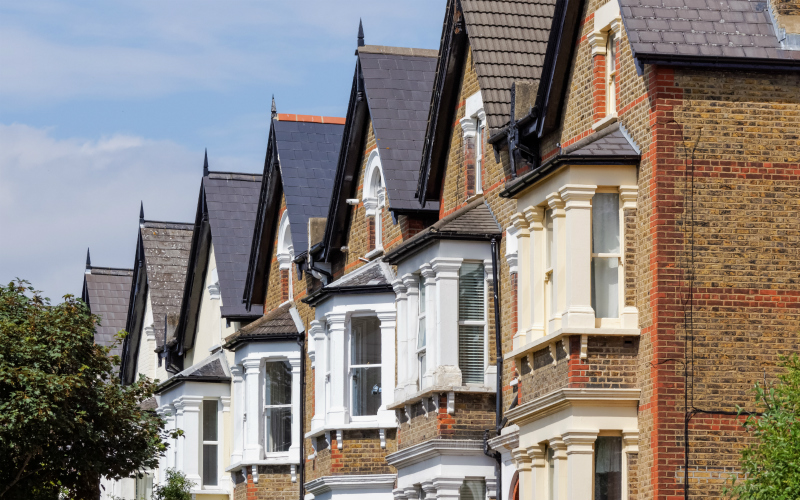
By 1 October 2022, all local authorities were required to introduce a licensing scheme for properties operating as short term lets. The scheme was introduced following the rapid rise of Airbnb-type lets, which negatively affected local communities, with a reported increase in noise, antisocial behaviour and supply of housing. Whilst the scheme was initially intended to target particularly popular areas for short-term lets, such as Edinburgh and St. Andrews, the scheme applies across Scotland.
In areas where are higher rates of short-term lets, local authorities will be able to utilise additional powers which run in tandem with the licence scheme to address particular stress points; taking Edinburgh as an example, where a third of short-term lets are, Edinburgh City Council has introduced Scotland’s first “control area”. The control applies to the whole of Edinburgh and invokes powers under planning legislation to require planning permission for any property where there is a change of use from a dwelling to a secondary letting within the City of Edinburgh Council area in accordance with the Council’s planning policy. Where the controls apply, planning consent will be required before any licensing application can be made.
Types of short-term let licences
The term short-term let refers a wide range of residential and commercial accommodation. Broadly, the legislation includes all uses of residential guest accommodation provided by a host in the course of a business where the all of the following criteria is met:
- The accommodation is not the guest’s only or principal home.
- A commercial consideration is exchanged between the host and guest.
- The guest is not an immediate family member of the host.
- The host is not sharing the accommodation for the purpose of advancing the guest’s education as part of an arrangements made or approved by a school, college or further or higher education institution.
- The guest is not an owner or part-owner of the accommodation.
- The accommodation is not provided for the principal purpose of facilitating the provision of work or services.
- The accommodation is not an excluded accommodation.
- The let does not constitute an excluded tenancy.
If the arrangement is a short-term let caught by the licensing scheme, before applying for a licence, you will also require to decide whether you are applying for a licence for home sharing, home letting, licence for both home sharing and letting or a licence for secondary letting.
How the requirements are met
Each respective local authority have their own scheme but there are aspects which are standardised across Scotland. The aspects which are standardised for all short-term lets are called mandatory conditions and are, in essence, about ensuring that guests and neighbours are safe and providing consistency. The mandatory conditions take consideration of compliance with safety standards (for example, fire safety) and licensing conditions (for example, maximum occupancy). There will also be a “fit and proper person” test. The mandatory conditions are not intended to be onerous and should already be met by most hosts and operators; the mandatory conditions, for the most part, were already required by existing law and points of best practice.
What happens next
If you own a short-term let, applications should be made through the local authority area in which the let is being offered and applications can be submitted from 1 October.
Those who already offer short-term lets must apply for a licence by 1 April 2023 and can continue to operate while they are waiting for a decision. From 1 April 2013, existing hosts will only be able to continue to operate if they have submitted an application and it has not been determined.
If you are a completely new host however, or the property was not used as a short-term let before 1 October 2022, the host must have a licence in place before offering any services or taking any bookings.
There is provision for a temporary licence to be applied for whilst the full licence is being determined and there are further provisions for a local authority to grant temporary exemptions to the requirement to have a licence – either will need to be applied for separately to the full licence.
A separate licence is required for each short-term let premises. A member of the public can submit an objection or representation to an application and there is a right of appeal for an application, which is rejected, providing there are sufficient and relevant grounds applicable.
Insight from Sarah Cooper, Commercial Litigation Associate. For more information contact Sarah or any member of the team on 03330 430350.
